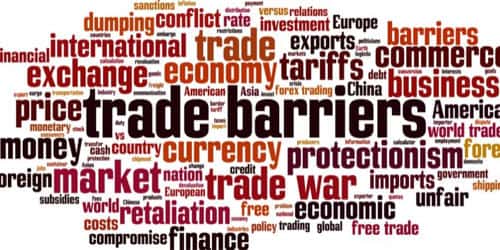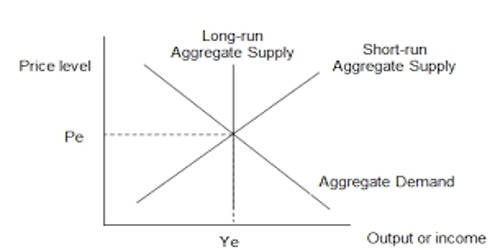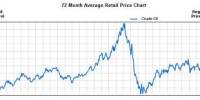Trade barriers are government-induced restrictions on international trade. They are imposed by the government by placing rules and regulations, tariffs, import quotas, and embargos. They are designed to impose additional costs or limits on imports and/or exports in order to protect local industries. Economists generally agree that trade barriers are detrimental and decrease overall economic efficiency; this can be explained by the theory of comparative advantage. Depending upon the trade barriers the industries will decide to import or export the goods and services since it depends on the financial burden.
Trade barriers look like a negative impression, but it helps to increase the economy of a particular country by reducing imports. Most trade barriers work on the same principle: the imposition of some sort of cost (money, time, bureaucracy, quota) on trade that raises the price or availability of the traded products. If two or more nations repeatedly use trade barriers against each other, then a trade war results. Barriers take the form of tariffs and non-tariff barriers to trade. The four different types of trade barriers are Tariffs, Non-Tariffs, Import Quotas, and Voluntary Export Restraints. Tariffs are taxes that are imposed by the government on imported goods or services. Meanwhile, non-tariffs are barriers that restrict trade through measures other than the direct imposition of tariffs.
Impacts of trade barriers on business
Trade barriers are restrictions on international trade imposed by the government. They are often criticized for the effect they have on the developing world. Because rich-country players call most of the shots and set trade policies, goods such as crops that developing countries are best at producing still face high barriers. Trade barriers such as taxes on food imports or subsidies for farmers in developed economies lead to overproduction and dumping on world markets, thus lowering prices and hurting poor-country farmers. They either impose additional costs or limits on imports and/or exports in order to protect local industries. They can either make trade more difficult and expensive (tariff barriers) or prevent trade completely (e.g. trade embargo).
Trade barriers are mostly a combination of conformity and per-shipment requirements requested abroad, and weak inspection or certification procedures at home. Those restraints are sometimes obvious but are most often subtle and non-obvious. The impact of trade barriers on companies and countries is highly uneven. One particular study showed that small firms are most affected (over 50%).
Another negative aspect of trade barriers is that they result in a limited choice of products and would, therefore, force customers to pay higher prices and accept inferior quality. International trade enables countries to have access to products which they are unable to produce. Trade barriers obstruct free trade. Before exporting or importing to other countries, firstly, they must be aware of restrictions that the government imposes on the trade. Sometimes the situation becomes even more complicated with the changing of policy and restrictions of a country.
















